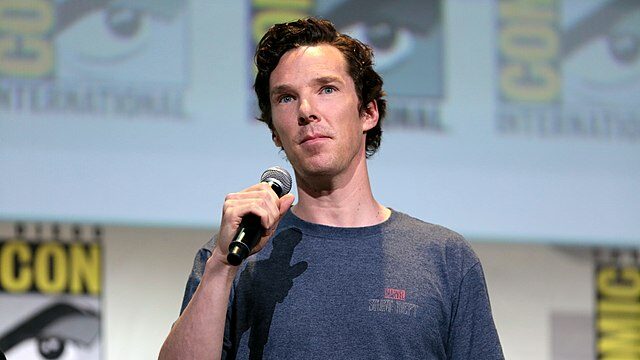Benedict Cumberbatch regrets his nonbinary character: ‘I upset people’
Cumberbatch admitted: "It got misunderstood, I upset people, and I respect that, so I probably wouldn’t do that again now”

Sherlock star Benedict Cumberbatch has spoken out about how he reflects on his much-criticised turn as a nonbinary character in Zoolander 2.
Ben Stiller’s critically-panned 2016 sequel to Zoolander featured Cumberbatch in the role of All, a nonbinary model. The portrayal received immediate criticism as soon as the trailer had dropped, with some LGBTQ+ activists even calling for the film to be boycotted.
One activist Sarah Rose even started a petition against the film which garnered over 10,000 signatures at the time of the film’s release.
“It’s a difficult one to talk about,” Cumberbatch recently admitted to Variety when the film came up. “I’ve had to apologise for that quite a lot.”
Speaking about the experience of working with Stiller and the film’s other stars Owen Wilson and Will Ferrell, he went on: “I love that group of people. It was the chance to be part of something that the first time around was iconic and I was a huge fan of.”
“But it got complicated, and it got misunderstood, I upset people”, he said. “And I respect that, so I probably wouldn’t do that again now.”
The actor has previously spoken about his own comfortability with his gender, having played female roles from a very young age. In 2018 he told James Cordon, in an appearance on his talk show: “I’m very comfortable with that side of my gender fluidity and it’s all cool.”
Cumberbatch then revealed some of the female roles he’s played, saying: “I played Titania, queen of the fairies when I was 13 and Rosalind when I was 14.”
The actor famously played the gay English mathematician Alan Turing in The Imitation Game, for which he received an Oscar nomination for Best Actor.
In 2022 the he appeared in The Power of the Dog, a modern country Western film which saw him playing the closeted Phil Burbank. After the film received criticism from some for being too queer, Cumberbatch spoke out in defence of the character and the film saying: “This is a very specific case of repression, but also due to an intolerance for that true identity that Phil is that he can’t fully be. The more we look under the hood of toxic masculinity and try to discover the root causes of it, the bigger chances we have of dealing with it when it arises with our children.”
